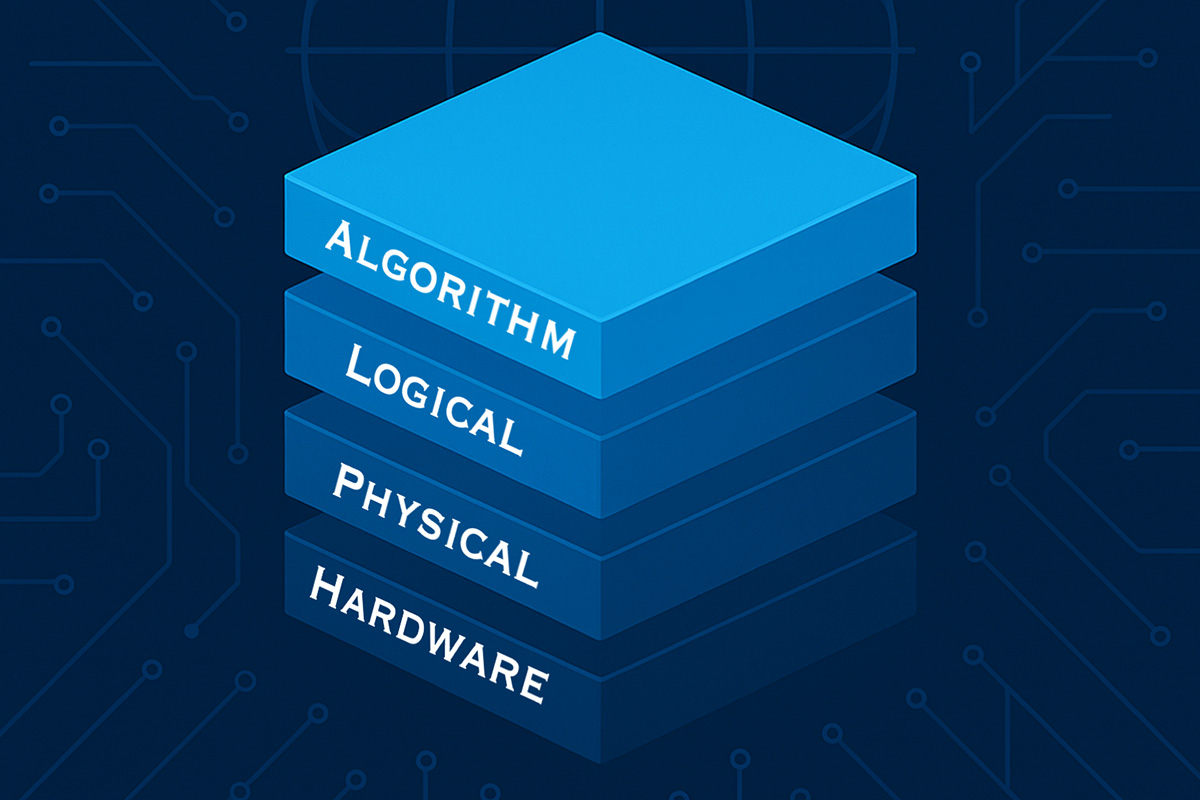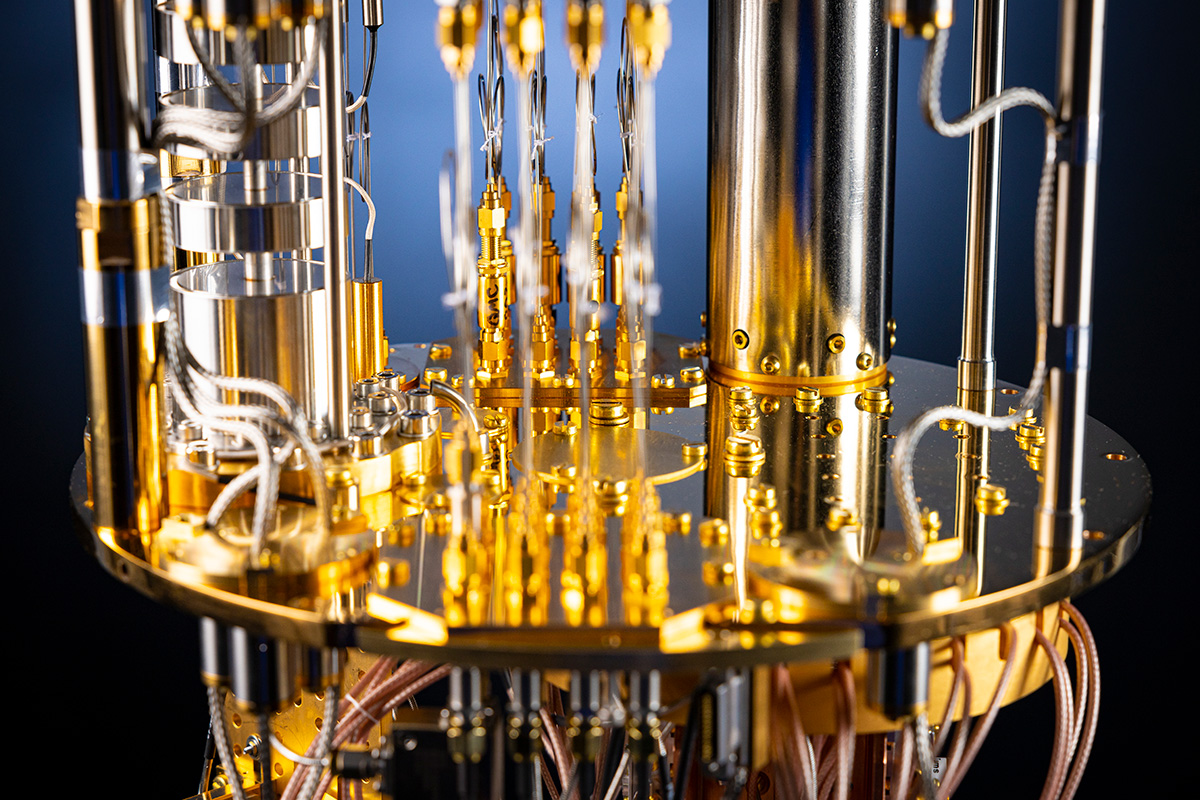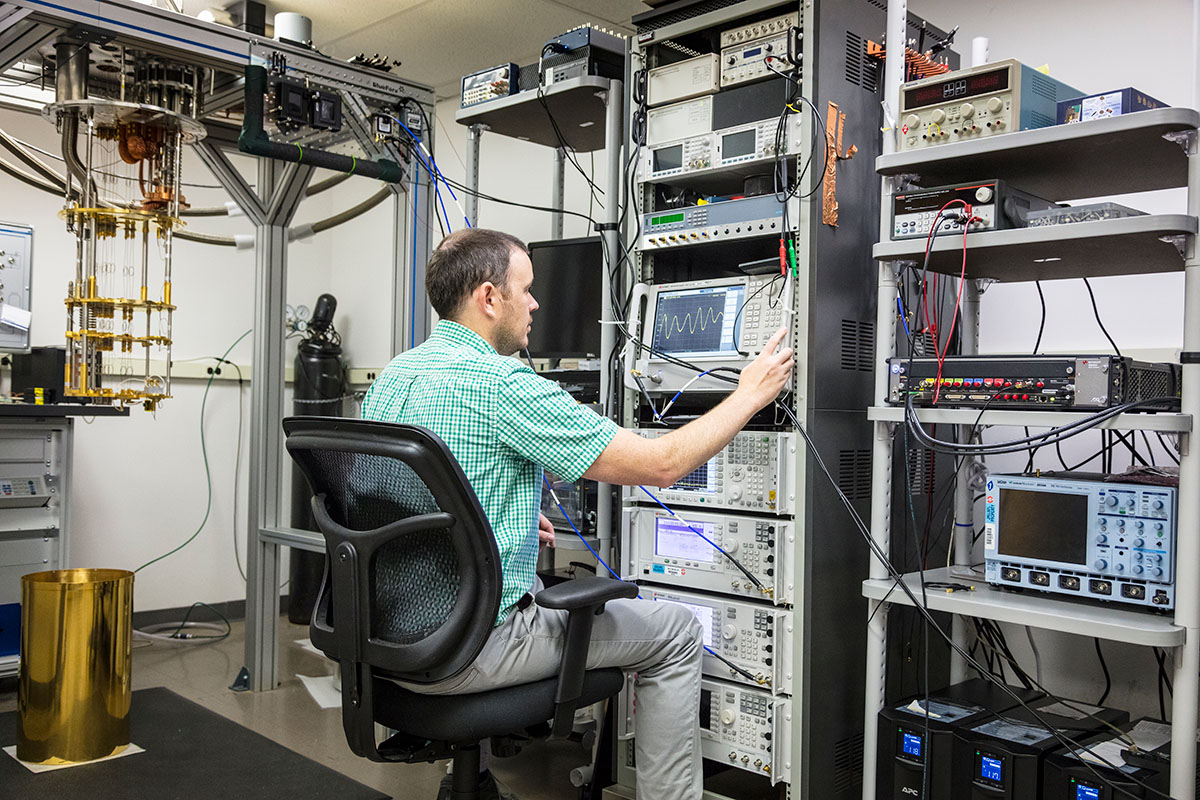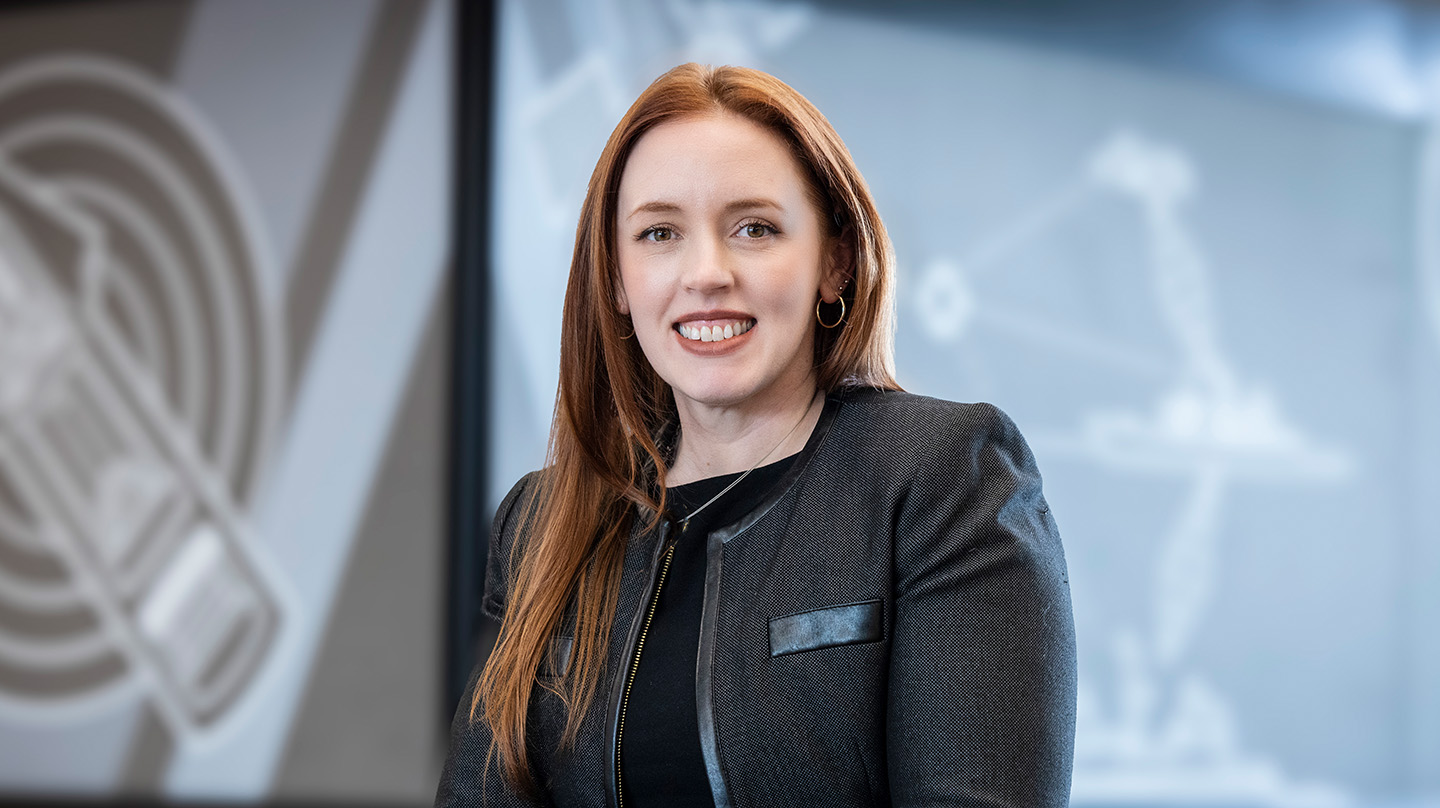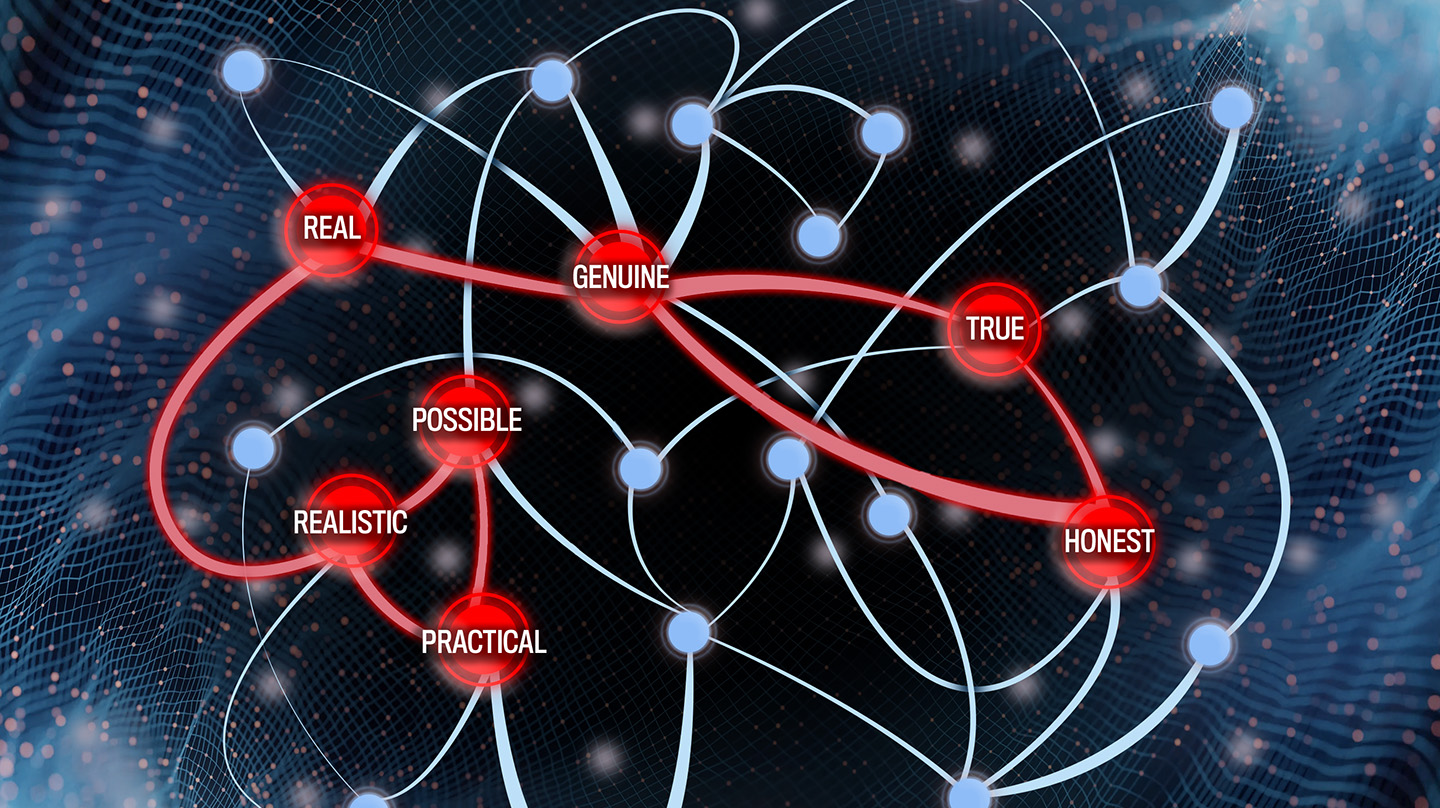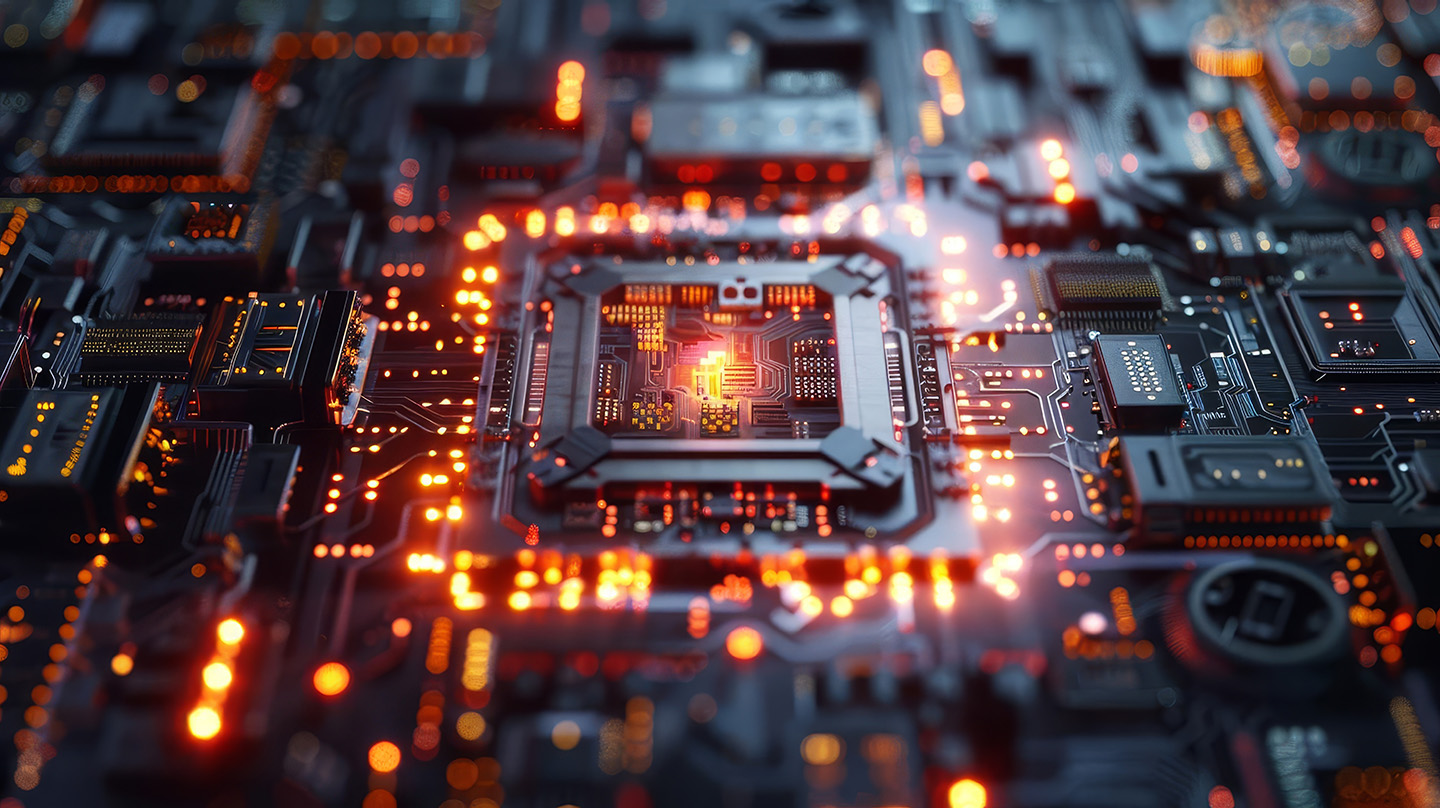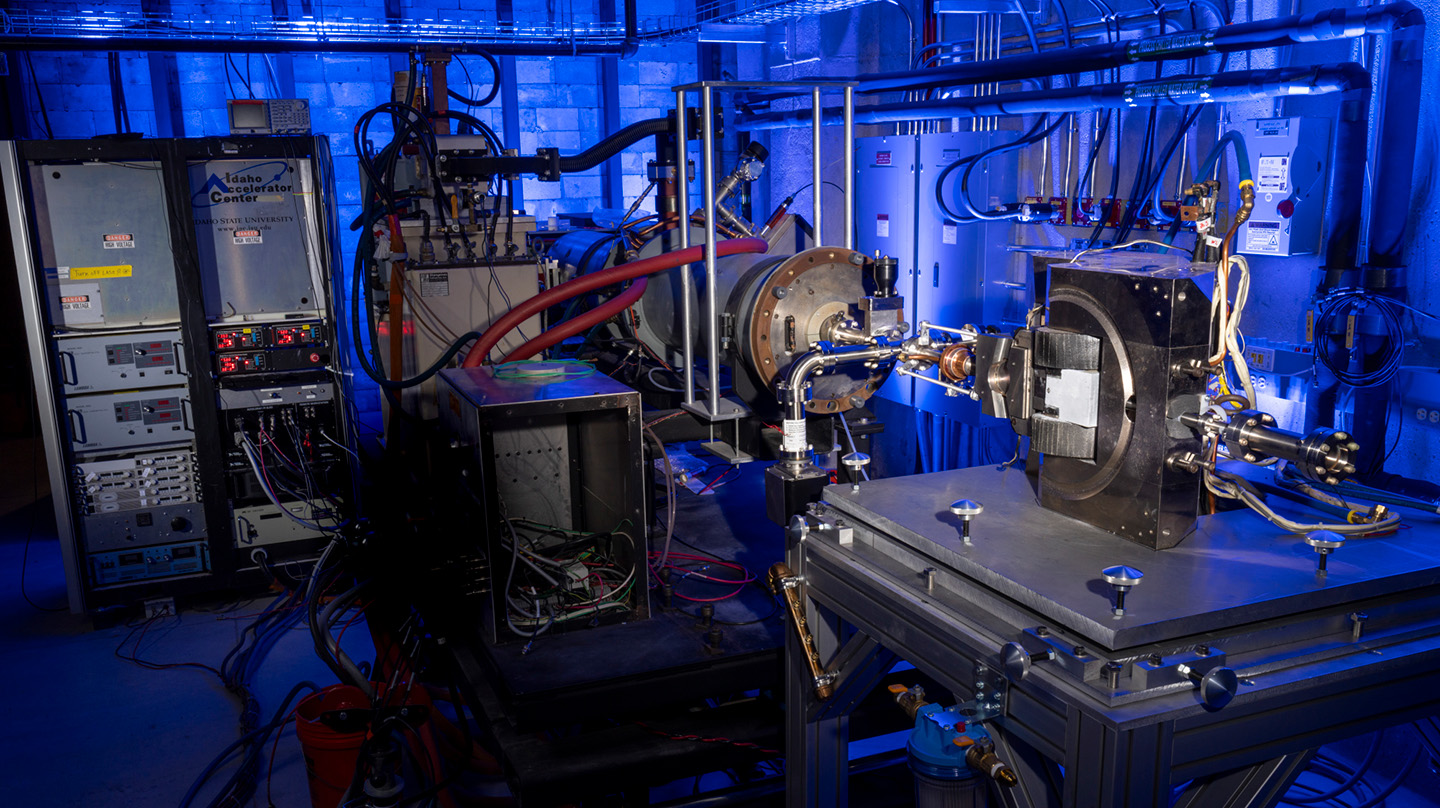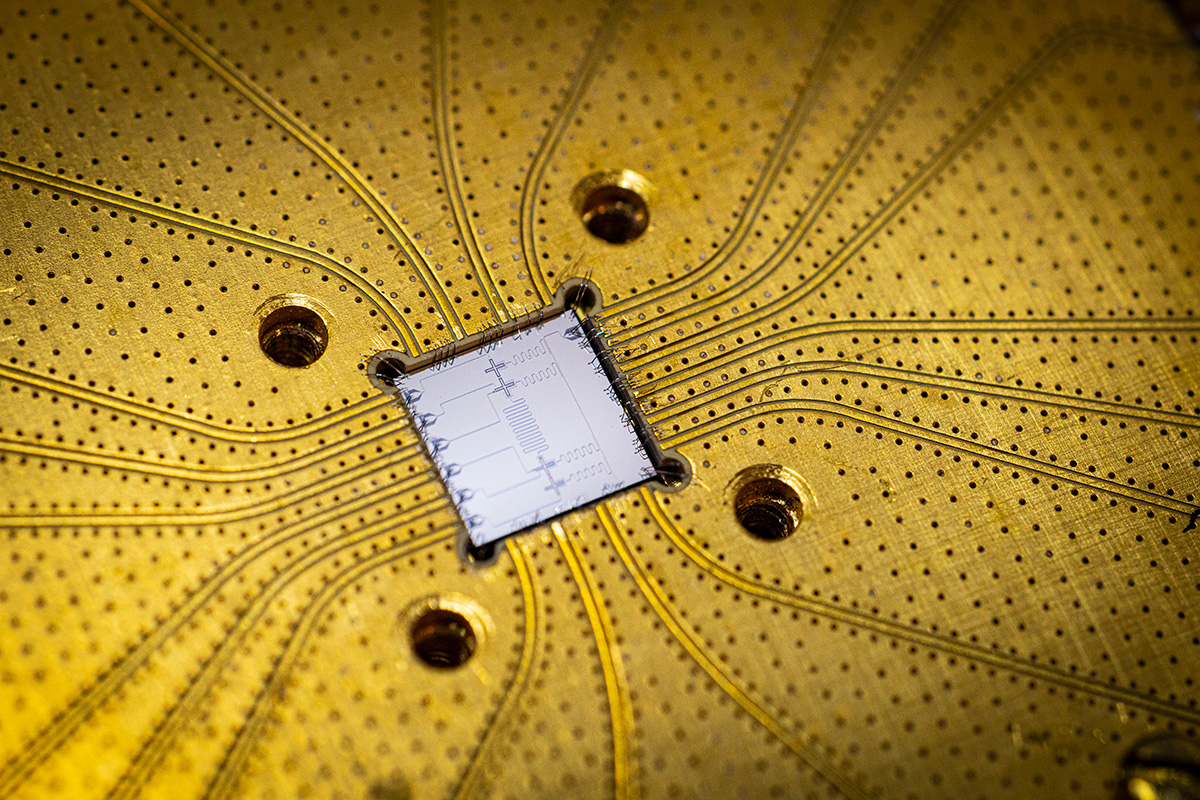
Quantum Technologies
Pioneering breakthroughs, unlocking transformative applications, and pushing boundaries in theoretical and experimental quantum science
APL has been at the forefront of quantum science and engineering for decades.
In the late 1980s, we began investigating quantum entanglement, a topic at the heart of the disparity between classical and quantum physics. APL researchers conducted some of the initial demonstrations of quantum key distribution in the mid-1990s and, in 1996, established a fully operational system for quantum cryptography based on the transmission of single photons in free space under daylight conditions.
Today, we lead innovative theoretical and experimental efforts in quantum computing, sensing, and materials, tackling challenges like noise suppression, exploring new quantum devices, validating quantum computing concepts, and advancing the understanding of quantum phenomena. The potential application space for quantum computing is expanding: we are developing novel quantum algorithms for applications ranging from signal detection to semantic analysis to calculating radar cross sections. Our multidisciplinary teams also study quantum phenomena within biological systems—research that could unlock insights into human health, neurological function, and the effects of space environments on the body.
